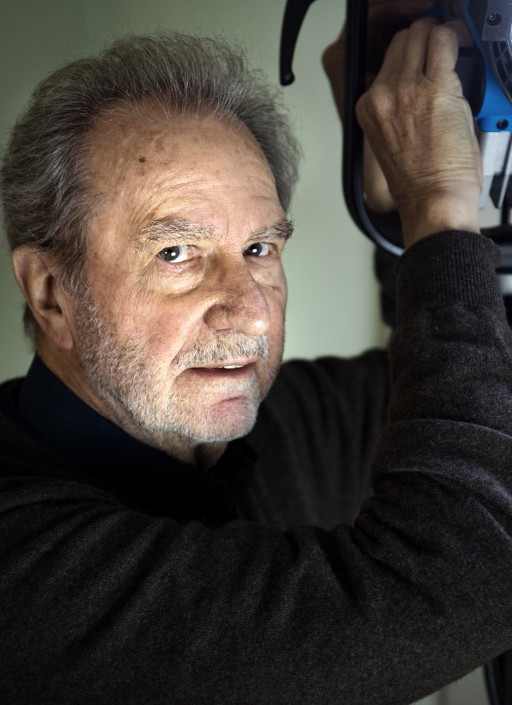Awards
Jan 12, 2024
Berlinale Camera 2024: Tribute to Edgar Reitz

Edgar Reitz
Since 1986, the Berlinale has awarded the Berlinale Camera to honour personalities and institutions who have made a special contribution to filmmaking and with whom the festival feels closely connected.
At the 74th Berlin International Film Festival, the German director and author Edgar Reitz will be honoured with the Berlinale Camera.
“Edgar Reitz is one of the most influential filmmakers of his generation; he has created an oeuvre that will forever remain a milestone in the history of cinema. At 91, Reitz is still willing to question who we are and where we come from. In his latest work, Filmstunde_23, he succeeds in transposing the idea of home – as both a real and an imaginary place of longing – to the cinema. We are delighted to welcome his new film to the festival and to award him this much-deserved recognition,” comment Executive Director Mariëtte Rissenbeek and Artistic Director Carlo Chatrian on the tribute to Edgar Reitz.
The Berlinale Camera will be awarded to Edgar Reitz on Thursday, February 22, at 3 pm in the Haus der Berliner Festspiele. The world premiere of Edgar Reitz’s latest work, Filmstunde_23, will be screened after the award ceremony as part of Berlinale Special.
Edgar Reitz has received numerous awards, including the German Film Award several times, a Silver Lion at the Venice Film Festival, the Luchino Visconti Prize at the Italian David di Donatello Film Awards, as well as a BAFTA Television Award and several Grimme Awards. His filmography comprises more than 50 works – including feature films, documentaries, experimental films and works for TV. In addition to directing, he is also a producer and an author. Among other things, he has published many books and texts on film theory and aesthetics. His autobiography “Filmzeit, Lebenszeit. Erinnerungen” was published in 2022.
Edgar Reitz began his cinematic work as early as the mid-1950s. He was one of those who prepared and signed the Oberhausen Manifesto, which called for a “new German film” at Short Film Festival Oberhausen in 1962, following the motto “Papa's cinema is dead”. This marked the birth of the German auteur film. In 1967, Edgar Reitz’s feature film debut Mahlzeiten premiered at the Venice Film Festival and received an award as Best First Film. The Berlinale showed the film in the 2002 Retrospective. His widely-known works include Cardillac (1968/69), Geschichten vom Kübelkind (1969/71), which screened in the Berlinale Forum in 1971, Die Reise nach Wien (1973), In Gefahr und größter Not bringt der Mittelweg den Tod (1974), Stunde Null (1976/77), Der Schneider von Ulm (1978) and the world-famous Heimat trilogy (1984-2004), which was shown in cinemas, at festivals and on television. This feature film cycle is seen as a milestone in cinematic history, revealing how key events in recent German history are reflected in the lives of individuals. His cinema epic Die andere Heimat - Chronik einer Sehnsucht (Home from Home: Chronicle of a Vision, 2011-2013) followed on from the trilogy; it was awarded Best Film at the German Film Awards in 2014. His most recent work, Filmstunde_23, was co-directed with Jörg Adolph.
The Berlinale Camera consists of 128 individual parts and depicts a real film camera. It is manufactured by the Düsseldorf goldsmith and artist Georg Hornemann.
Press Office
January 12, 2024